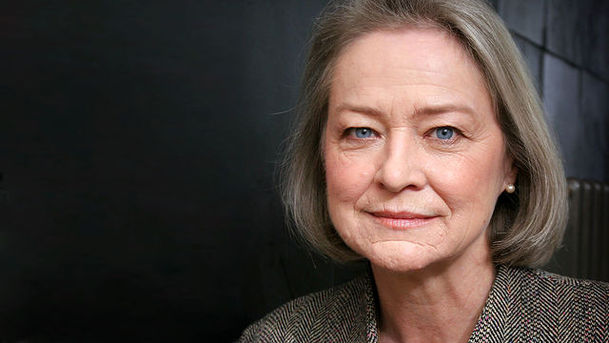From Our Own Correspondent - 18/09/2010

As presidential elections loom in Egypt, could political succession be a case of: like father, like son? Signs of breakthrough in the Balkans as Serbia softens its stance on the breakaway province of Kosovo. Why America's new breed of soldiers is studying philosophy And a hole at the heart of Angola's capital as one of the city's best known landmarks is forced to close. Egypt's President, Hosni Mubarak, has been centre stage - as the country hosted yet another round of Middle East peace talks. But the attention hasn't all been flattering. He's now 82 and increasingly frail - and that's led to speculation about the future - and about who might eventually succeed him. There's talk that his son could be a possible contender. Jon Leyne has been out and about on the streets of the Egyptian capital, Cairo. The conflict in the Middle East must rate as one of the world's more intractable. But Europe has some bitterly contested corners too. Like Kosovo. It was caught up in the Balkan conflicts than a decade ago and later broke away from Serbia. And although about seventy countries do now recognise the territory's independence, its Serb minority still doesn't. But could Serbia itself be starting - finally - to take a softer stance on its former province? Mark Lowen in Belgrade has been taking the temperature. Now the news, I'm afraid, is only very occasionally cheerful. And this week, as ever, it's full of violence, with killings reported from Afghanistan to Pakistan and Iraq. Soldiers every day are forced into the most terrible dilemmas. What counts as a legitimate target? How can civilian deaths be avoided? Before they're sent to fight you'd of course expect the military to be trained in weaponry, in navigation, orienteering, perhaps in engineering. But as David Edmonds has been finding out, American forces are also receiving lessons in what is perhaps a surprising area ... philosophy! Angola's long, bloody civil war finally ended eight years ago. Since then, it's been slowly rebuilding, helped by the flow of cash from its bountiful natural resources - especially oil and diamonds. In the capital, Luanda, whole districts are now being re-furbished. But not all the change is welcome. Roque Santeiro is one of the capital's most famous and historic markets. Now it's being forced to close and Louise Redvers says thousands of traders are being dispersed. On Monday world leaders gather in New York to debate world poverty - as part of a special session before the start of the United Nations General Assembly. They'll be taking stock of promises made a decade ago - in the form of the Millennium Development Goals or MDGs. The plan was to cut global poverty in half by twenty-fifteen. Much has been achieved since then. But there's still a long way to go. Bridget Kendall has tracked the last ten years of debate - and the way the economic realities have slowly shifted.